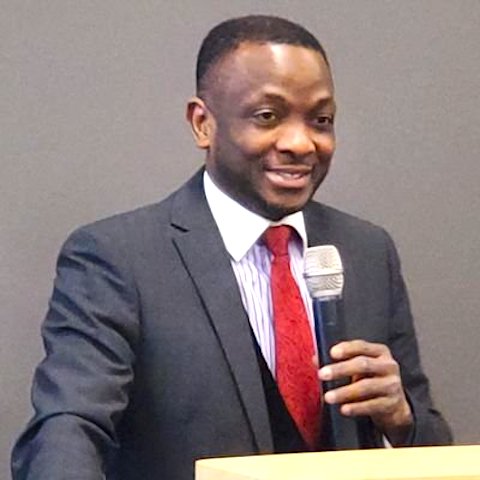I have been an avid crusader for a compassionate church a church that does not exist to serve the economic interest of the founders alone, but of the body of Christ and the larger society. Yesterday, I stumbled at a YouTube video interview of Pastor Matthew Ashimolowo with a TV station in Nigeria. The topic of discussion attracted my attention. As a result, I beckoned on my wife to watch the brief interview with me. Both of us were stunned to see some of the incredible social supports that Pastor Matthew is bringing to numerous communities in some parts of South West Nigeria. In fact, he is engaging a team of medics to provide “on the spot” free medical consultations and treatments to thousands of people. The statistics of the number of free medications and prescriptions for various kinds of medical challenges were startling. They run into tens of thousands of people.
Similarly, many other churches have been involved in various shades of philanthropic gestures across the country. Our ministry, Voice of the Watchmen Ministries together with some of our foundations has over the past fourteen years supported thousands of people across Nigeria, most of whom we had never met not collected offerings from. God’s name be praised. These efforts may still be a far cry from the expectations of majority of Nigerians, given the enormity of the socio-economic challenges that have recently been heightened by the perennial failure of the political class. However, things have actually improved in the church on a significant scale relative to how the church fared in the past two decades.
However, you all will agree with me that there have been many outcries against the church in the past ten years in particular. Churches are expected to take over the role of the government by building roads; building schools; feeding the poor; building health care facilities; and sponsoring the citizens for everything and at all levels. First, this expectation is not unconnected with the palpable flaunting and expression of humongous wealth by many churches in Nigeria amid a grinding poverty among the vast majority of the population. Secondly, this expectation also traces its root to the reality of the day, many churches collect tithes and offerings from members, and consequently, there is a social expectation from the people that they should give back to the same people that have once given to them.
This article is aimed at addressing these issues with a mixed approach to bring some balance to the perception of the church in terms of our expectations from the church at a time of grinding poverty and lack in the nation. Secondly, it’s aimed at encouraging the church to step up her game, change gears, and return to the Biblical model of church administration.
First, the “primary” purpose of the church of Christ in any nation or community is not social interventions or philanthropic activities. These are the bi-products of the main product. The main purpose of the local church is to preach the true gospel of salvation to the lost, groom and nurture converts into disciples, and stand as a moral compass of truth to the nation without fear or favor. Social interventions should follow spiritual transformation. Not the other way round. The church is not a business center. The church is not a profit-making venture. The church is not a political platform for promoting political interests. The church is not a movie or comedy center. The church is not a multinational corporation for creating franchises of other profit-making limited liability companies.
Here is why the church has come under enormous scrutiny and criticism. A lot of church leaders in Nigeria have turned their backs against the Biblical model and standard for the operations of a local church, turning it to a full-blown business venture where secular business principles are applied, upheld, and promoted above scriptural principles. Many leaders use the controversial book, “48 Laws of Power” to develop and nurture their leadership skills which are often dictatorial and abrasive in nature. A friend told me that he was shocked when he saw the 48 laws of power book on the table of a servant of God we respect so much. That book does not reflect the kingdom type of leadership model that Jesus preached, servanthood and service. To be continued.
Ayo Akerele is the Senior Pastor of Rhema Assembly and the founder of the Voice of the Watchmen Ministries in Ontario, Canada. He can be reached through ayoakerele2012@gmail.com
Support PREMIUM TIMES’ journalism of integrity and credibility
At Premium Times, we firmly believe in the importance of high-quality journalism. Recognizing that not everyone can afford costly news subscriptions, we are dedicated to delivering meticulously researched, fact-checked news that remains freely accessible to all.
Whether you turn to Premium Times for daily updates, in-depth investigations into pressing national issues, or entertaining trending stories, we value your readership.
It’s essential to acknowledge that news production incurs expenses, and we take pride in never placing our stories behind a prohibitive paywall.
Would you consider supporting us with a modest contribution on a monthly basis to help maintain our commitment to free, accessible news?
Make Contribution
TEXT AD: Call Willie – +2348098788999








